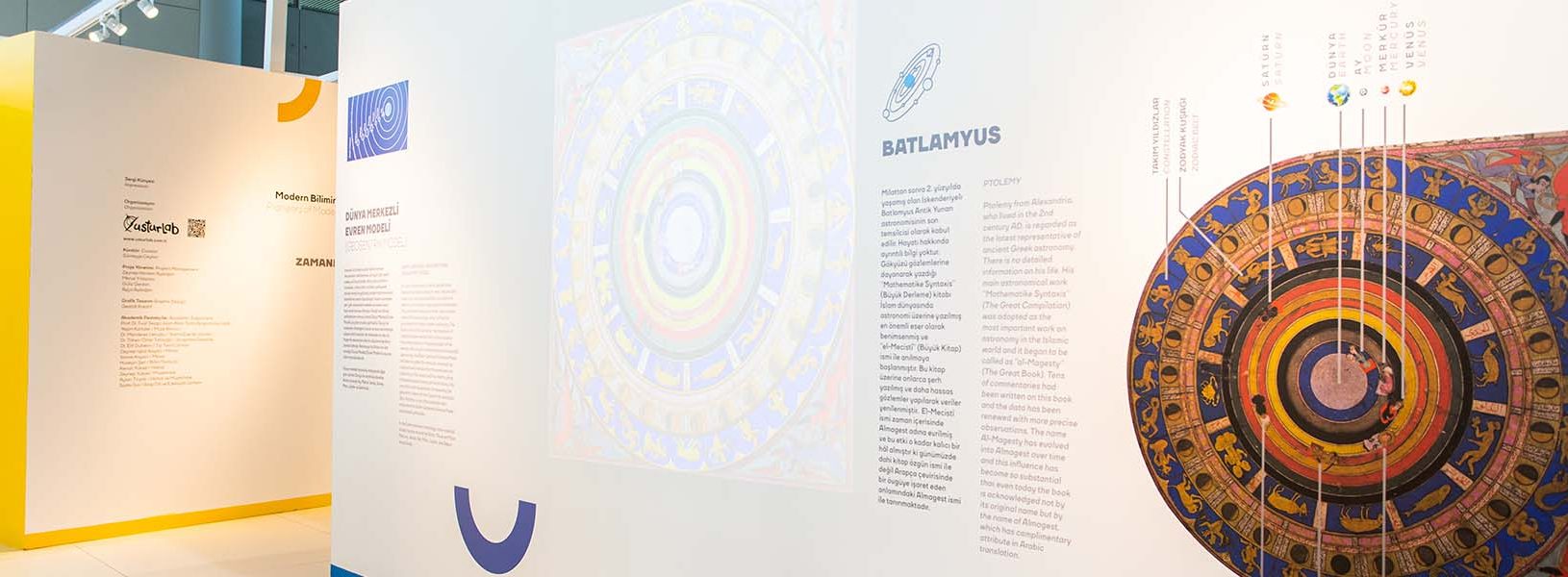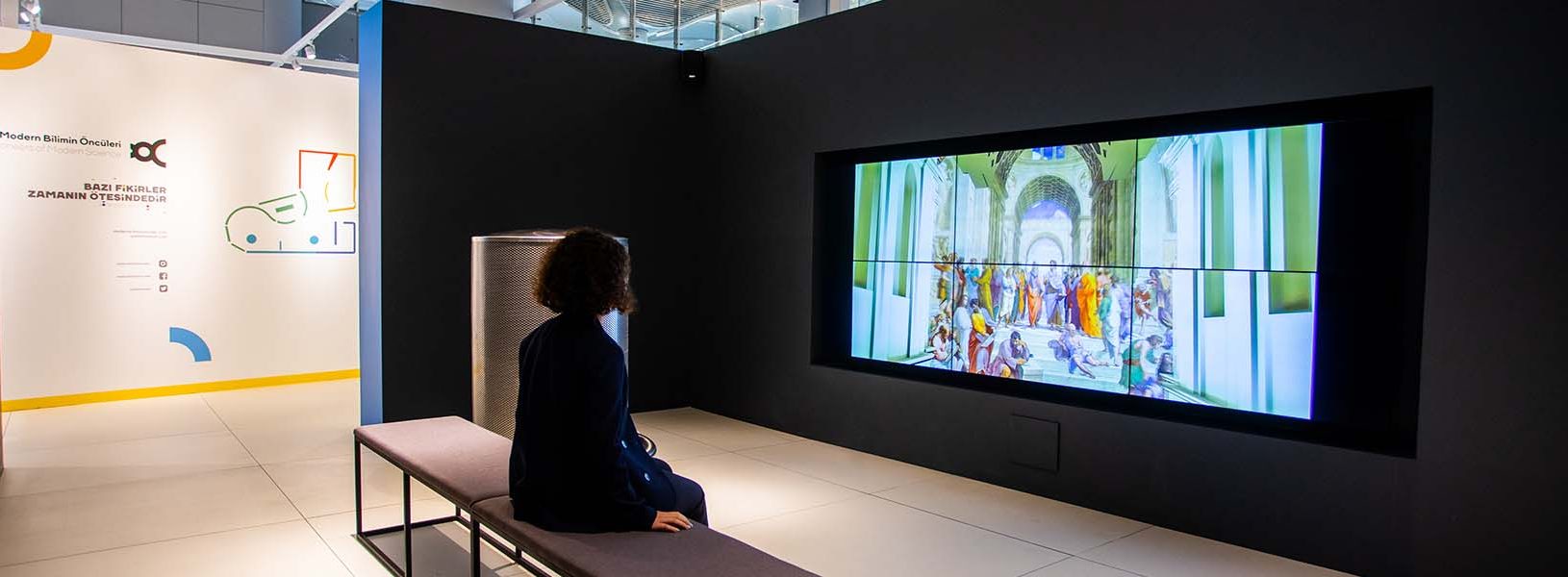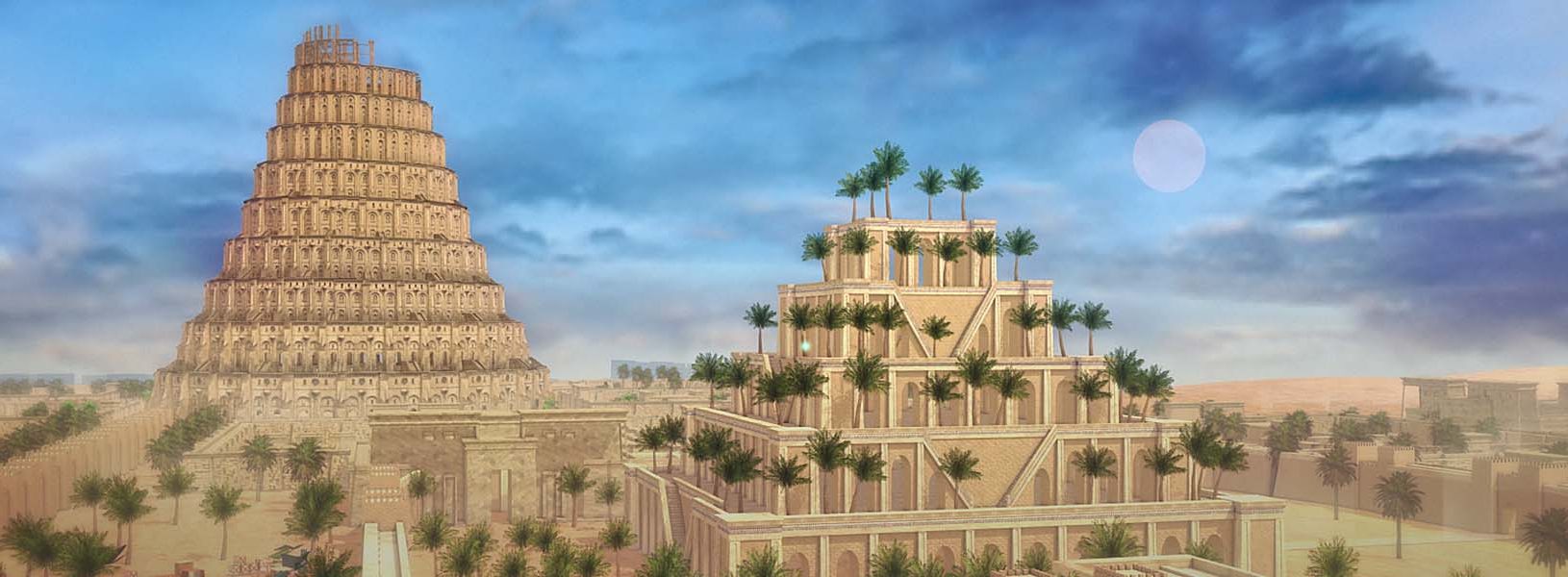In addition to Mesopotamia, Babylon, Indian, Egyptian and Greek civilizations, Islamic civilization has been the home of scientists and innovations that have been a turning point in the history of science.
Muslims, pursuing the knowledge wherever it came from, as if it was their lost treasure; brought back the tradition of philosophy and science that tended to disappear, with translation activities that started with the encouragement of Abbasid caliphs and made Baghdad the center of the most important schools of science and thinking in the world.
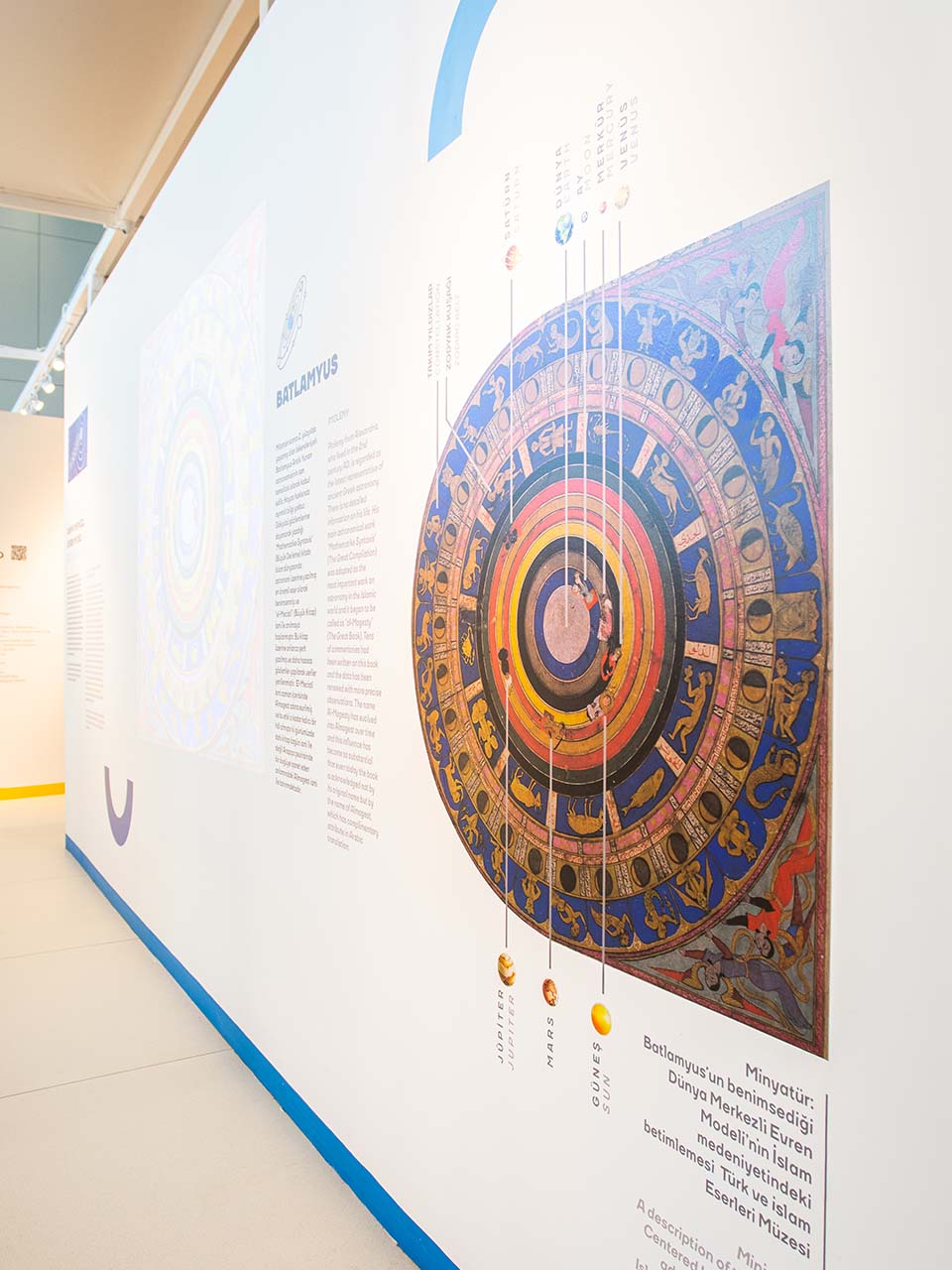
EARTH-CENTERED UNIVERSE MODEL (GEOCENTRIC MODEL)
For tens of thousands of years, people have observed celestial bodies for many reasons and needs such as mystical beliefs, calculation of seasons, and location of geographical directions. They attributed meaning to them, and therefore named them accordingly, which all laid the groundwork for today’s modern astronomy. The place of man in the universe, the movement of celestial bodies and the limits of the universe have always been an intriguing subject of the mankind. As a result of philosophical and scientific approaches, the Earth-Centered Universe Model had been accepted for centuries. Inasmuch as scientists who believed that the Earth was not stationary at the center and thus tried to prove otherwise existed in every period of history, this conviction had always been shadowed by the geocentric view until the Copernican revolution.
In the Earth-centered cosmology, other celestial bodies revolve around the Earth. These are Moon, Mercury, Venus, Sun, Mars, Jupiter, and Saturn, respectively.
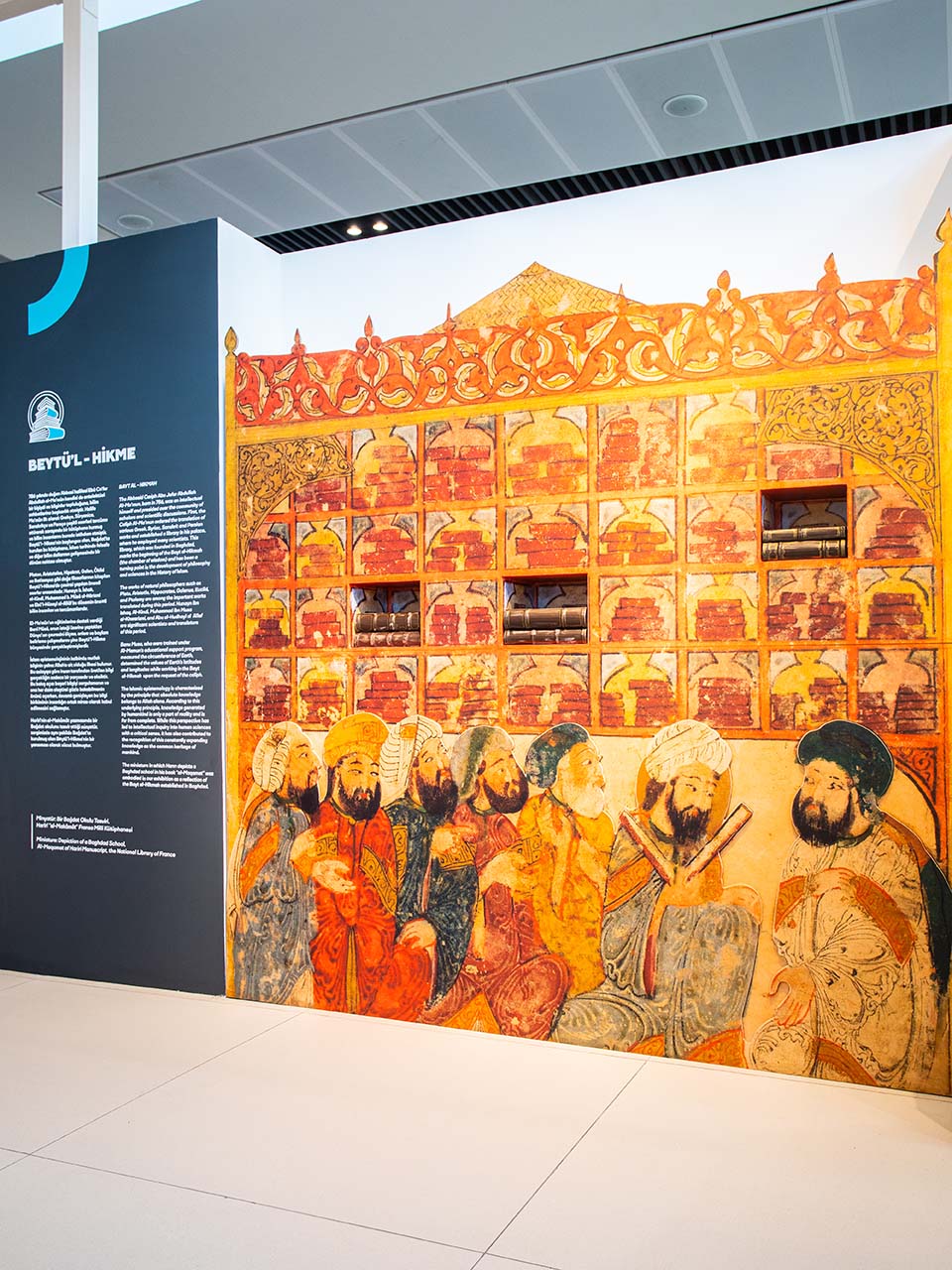
BAYT AL – HIKMAH
The Abbasid Caliph Abu Jafar Abdullah Al-Ma’mun, born in 786, was an intellectual himself and presided over the community of scholars and scientific discussions. First, the Caliph Al-Ma’mun ordered the translation of various Greek, Syriac, Sanskrit and Persian works and established a library in his palace, where he employed many scientists. This library, which was founded in Baghdad, marks the beginning of the Bayt al-Hikmah (the chamber of wisdom) and has been a turning point in the development of philosophy and sciences in the History of Islam. The works of natural philosophers such as Plato, Aristotle, Hippocrates, Galenus, Euclid, and Ptolemy are among the important works translated during this period
The miniature in which Harîrî depicts a Baghdad school in his book ”al-Maqâmât” was embodied in our exhibition as a reflection of the Bayt al-Hikmah established in Baghdad.
Miniature: Depiction of a Baghdad School,
Al-Maqamat of Hariri Manuscript, the National Library of France

